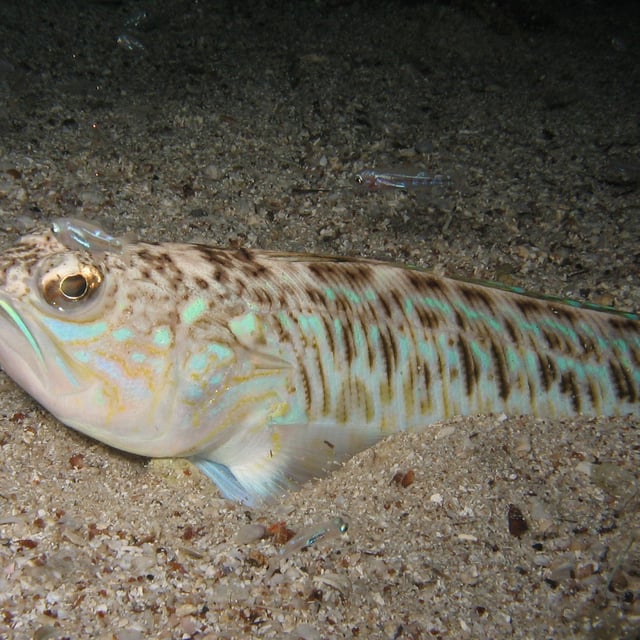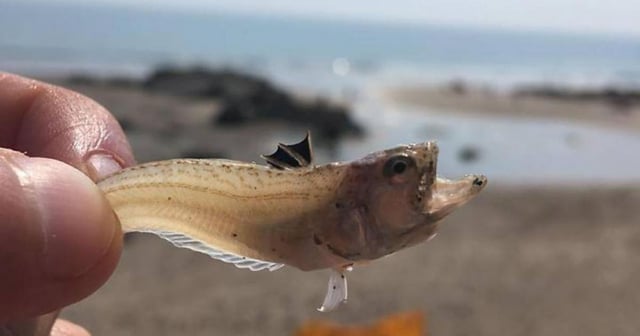Overview
- Weever fish are one of the few venomous species in UK waters, spending June through September buried in sand along shallow coastal areas.
- East Riding of Yorkshire Council and Norfolk Wildlife Trust have installed warning signs, posters and social media alerts urging bathers not to walk barefoot on affected beaches.
- Victims describe excruciating pain as venom is injected through dorsal fin spines, leading to intense throbbing, redness and swelling that peaks within two hours.
- Primary treatment involves immersing the sting in the hottest tolerable water, with NHS guidance also recommending salt-water rinses, spine removal, pain relief and up-to-date tetanus protection.
- Marine experts advise wearing beach shoes, following the Seashore Code when rockpooling and leaving wildlife undisturbed to reduce the risk of stings.

